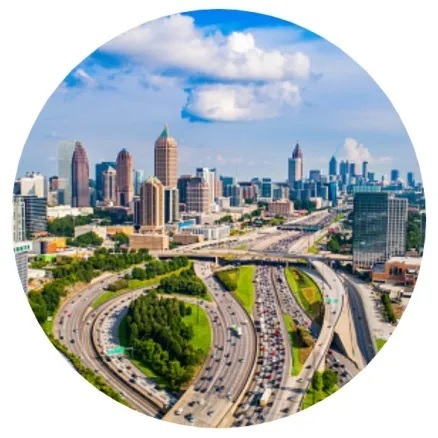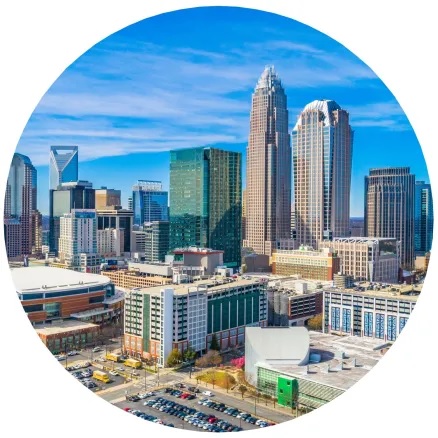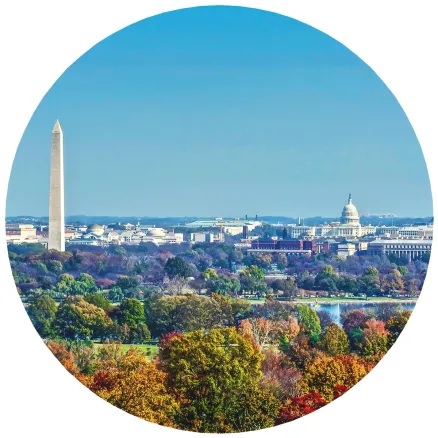Throughout the US, migrant food landscapes and related placemaking activities are undergoing change as a result of contemporary urban restructuring. This process privatizes, commodifies, and ‘revitalizes’ suburban landscapes constructed by migrants in new gateway cities. Increasing flows of global finance and migration to US cities have produced new migrant gateway cities that are now experiencing landscape change as the neighborhoods many migrants call home receive new investments in dense, modern, transit-oriented development and an influx of upscale coffee, grocery, and other food retail establishments.
The impact of this change is rising rent prices for homes and small businesses which produces new spatialities of migrant settlement and entrepreneurship. This change also generates new sites through which social relations and identity are negotiated and contested when migrant residents and businesses relocate to neighborhoods traditionally occupied by other marginalized groups.
This project systematically investigates these trends in Atlanta, Charlotte, and Washington, DC, by addressing the following research questions: 1) in what ways are migrants’ foodscapes changing as a result of urban restructuring? 2) where in the city are migrants constructing new foodscapes? and 3) what are the implications of this relocation for migrant economic outcomes, social service provision, and neighborhood integration? Given the evolving influences of the global coronavirus pandemic, this research also considers how migrant placemaking practice has been differentially impacted by the pandemic.
The project relies on a mixed methods research approach utilizing quantitative analysis of demographic and property data and qualitative analysis of field surveys, in-depth interviews with key stakeholders, and interactive community forums during 2020-2025. The mixed methods, longitudinal, and comparative approach of the central research program is important for uncovering the political economic implications of urban restructuring for migrant foodscapes and the complexity of relocation that occurs as a result of these processes. The lens of food systems is particularly useful for understanding these dynamics as foodscapes are important and visible placemaking cultural artifacts through which migrant communities express and maintain identities, form relationships, and potentially signal a neighborhood as ripe for gentrification.
In collaboration with key stakeholders, the research program will produce briefs, presentations, and networking for policy and social service providers responding to migrant needs in entrepreneurship, health, and neighborhood integration. The research team also seeks to foster an intellectual community of both scholars and practitioners (in part through a virtual speaker series) addressing the impacts of contemporary urban restructuring for growing migrant communities making place in new gateway cities. This research is supported by a National Science Foundation CAREER Grant (#1945132).







